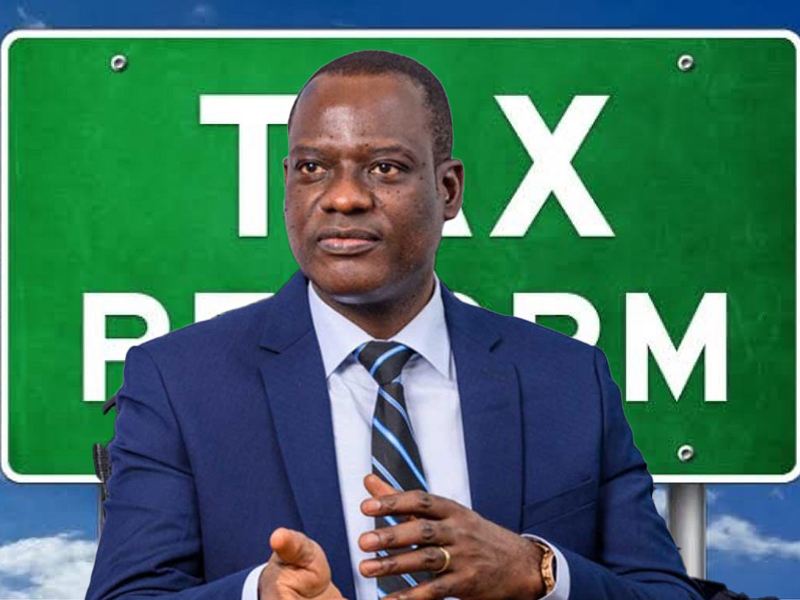530
By Daniel Adaji
The Chairman of the Presidential Tax Reform Committee, Taiwo Oyedele, has clarified that the controversial five per cent fuel surcharge will not take effect in January 2026, stressing that the levy remains dormant until the Minister of Finance issues a formal commencement order.
Oyedele made the clarification in a video released by the State House on Friday, dismissing as “false and misleading” reports that Nigerians would begin paying the levy next year under the new tax law.
“What we have is that there’s a law that was enacted some years back with a surcharge on fuel under the FEMA Act. This is a provision that is now in the new tax law, and it does not take effect as of January 2026,” Oyedele explained.
He stressed that the implementation date would only be determined by an official directive from the Finance Minister.
“I know some people have been giving wrong information about this. What is in the new tax law is that this surcharge will take effect on a date in the future, based on an order to be released by the Minister of Finance. And we do know that Mr Finance is responsible enough to determine when it’s appropriate to do so,” he added.
According to him, the surcharge was designed to fund transport infrastructure projects. He argued that such investments would eventually reduce logistics costs, ease the burden on commuters, and help curb inflation for ordinary Nigerians.
The clarification comes amid rising public anxiety that fresh fuel-related taxes could worsen economic hardship under President Bola Tinubu’s administration.
The levy is part of the newly signed Nigeria Tax Administration Act, one of four tax reform bills signed into law by Tinubu on June 26, 2025.
The regulation requires that the surcharge be applied to every supply or sale of refined fossil fuel products in Nigeria, whether locally produced or imported, with the money collected at the point of sale.
Cleaner fuels such as renewables, household kerosene, cooking gas (LPG), and compressed natural gas (CNG) are exempt.



